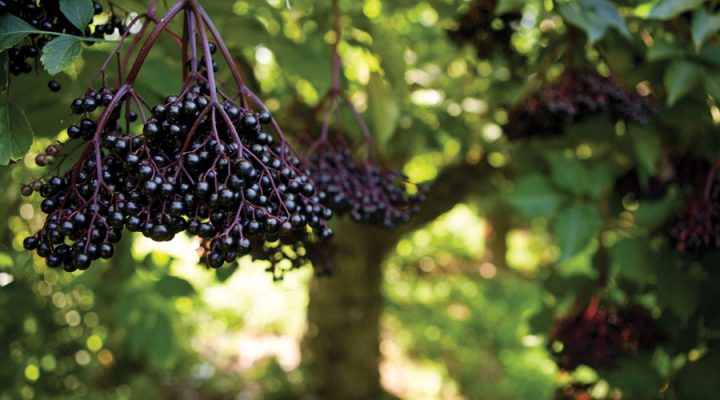US citrus production continues to decline. At the current forecast of 6.16 million tonnes for 2017/18, the US citrus crop is down 21% from the previous season, reflecting expected reduced national production across all major citrus commodities and overall smaller crops in the four major-producing States. The decline in citrus production is expected to be the greatest in Florida, largely driven by crop losses from Hurricane Irma. At the same time, orange and grapefruit crops are anticipated to have the largest declines in national citrus output, with reductions by as much as 25% and 22%, respectively, if realized. Tight supplies are resulting in higher citrus prices in the domestic market.
The shipping season for US citrus is expected to finish early given the smaller crops, likely keeping upward pressure on prices this spring. USDA





